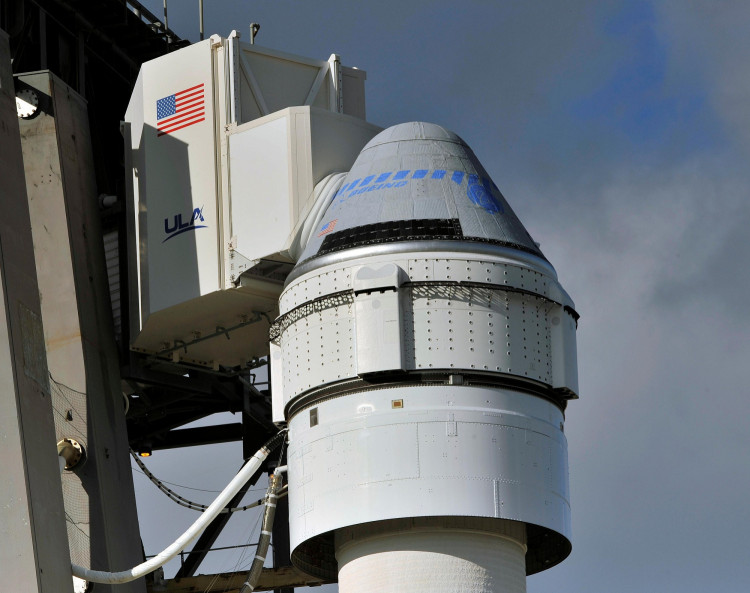At 3:54 p.m. PT Thursday, Boeing's uncrewed Starliner capsule launched from Cape Canaveral Space Force Station in Florida atop a United Launch Alliance Atlas V rocket. The spacecraft is on its way to the International Space Station, more than two years after its last attempt.
If all goes according to schedule, it will dock with the ISS around 24 hours later on Friday. On Saturday, the astronauts on board will open the hatch to Starliner and dump the supply of food and other cargo inside.
"Through adversity, our teams have continued to innovate for the benefit of our nation and all of humanity," NASA Administrator Bill Nelson said in a statement after the launch. "I look forward to a successful end-to-end test of the Starliner spacecraft, which will help enable missions with astronauts aboard."
The mission is designated as Orbital Flight Test-2 (OFT-2) because the conical vehicle failed to reach the ISS in its first attempt in 2019 owing to a technical problem.
The vehicle did successfully land back on Earth, but a NASA safety advisory panel later reported that a second software error was rectified in mid-flight that had "the potential for catastrophic spacecraft failure."
The difficulties with the Starliner persisted even after Boeing attempted to solve the 80 suggestions provided by NASA following an inquiry into what transpired during the first OFT. Starliner was rolled out to the launch pad in August of last year, but technical issues canceled the launch, and the vehicle had to be taken back inside for inspection.
The test was delayed for several months due to a fault with several valves, but it was ultimately lifted off on Thursday.
NASA's Commercial Crew program has invested over $4 billion in Starliner. It's one of two commercial vehicles selected by NASA to transport astronauts to the International Space Station. The other was SpaceX's Crew Dragon, which has previously sent four men to the International Space Station.
For many years, Russian Soyuz spacecraft were the sole way to go into and out of orbit. That was until SpaceX successfully sent two astronauts to the ISS onboard a Crew Dragon for the first time in 2020. However, relations with Russia's space agency, Roscosmos, are currently strained as a result of the Ukraine conflict and international sanctions imposed on Russia.
Elon Musk's company accomplished this nearly two years ago after receiving a Commercial Crew contract from NASA at the same time as Boeing, but for more than $1 billion less.
Starliner appeared to be on schedule for a successful test flight at the time of writing. The docking with the ISS is set for Friday at 4:10 p.m. PT.






